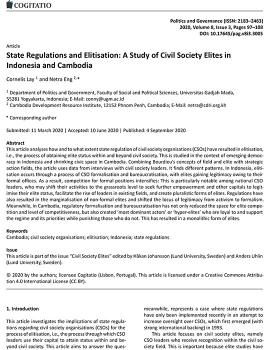
State Regulations and Elitisation: A Study of Civil Society Elites in Indonesia and Cambodia
This article analyses how and to what extent state regulation of civil society organisations (CSOs) have resulted in elitisation, i.e., the process of obtaining elite status within and beyond civil society. This is studied in the context of emerging democracy in Indonesia and shrinking civic space in Cambodia. Combining Bourdieu’s concepts of field...
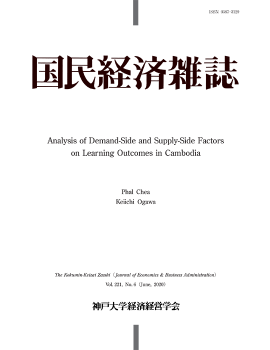
Analysis of Demand-Side and Supply-Side Factors on Learning Outcomes in Cambodia
The study applies the Hierarchical Linear Modeling(HLM) approach using the international learning assessment survey, PISA for Development (PISA-D), to examine the effects of demand-side and supply-side factors associated with academic performance in Cambodia. Findings from the study suggest that students' characteristics and family background are g...
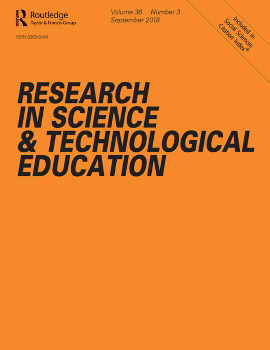
Correlates of STEM Major Choice: A Quantitative Look at Cambodian University Freshmen
STEM (science, technology, engineering, mathematics) education is attracting increasing public interest and policy attention and being promoted at different educational levels in Cambodia. The study seeks to identify factors associated with Cambodian university freshmen’s choice of STEM major and how significant associations differ by gender and un...
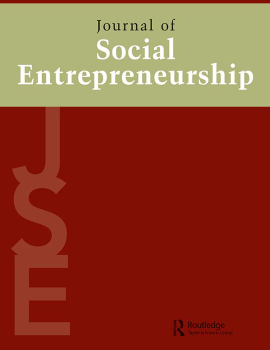
Scaling Up Social Enterprise: Predicament or Prospect in a Comparative Perspective
This article focuses on the intricate nature of scaling practices in social enterprise organizations (SEOs). The research is based on case study methodology in two different institutional environments, the Netherlands and Cambodia. Comparing and contrasting these cases, the article raises questions about ways in which the institutional environments...
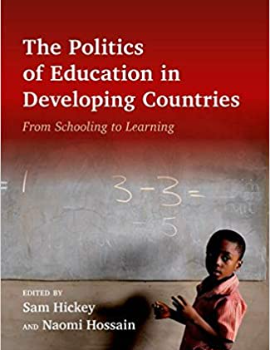
The Political Economy of Primary Education Reform in Cambodia
Over the past sixty years, Cambodia has made great strides in expanding access to primary education. Much less progress has been made with respect to quality. That may be changing, however, with a new education minister promoting ambitious reforms with quality at their centre. The chapter explains the quality agenda as a product of new demands on t...
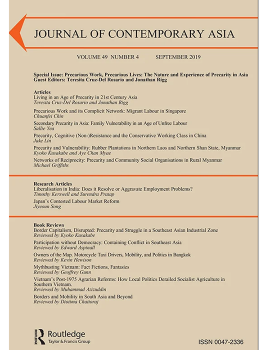
Facebook, Contestation and Poor People’s Politics: Spanning the Urban–Rural Divide in Cambodia?
Rural internet use, although still limited, is growing, raising the question of how rural people are using social media politically. As a vehicle of communication that permits the rapid transmission of information, images and text across space and connections between dispersed networks of individuals, does technological advance in rural areas presa...
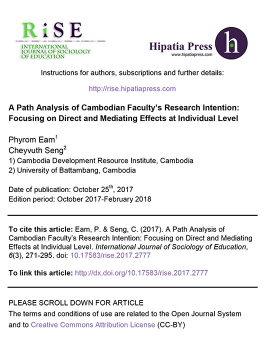
A Path Analysis of Cambodian Faculty’s Research Intention: Focusing on Direct and Mediating Effects at Individual Level
Intention to engage in research activities has probably been one of the least investigated concepts when it comes to literature on relationship among research attitudes, research behaviors and research outputs. Only few studies in the past drew on the Planned Behavior Theory to explore how research intention mediates between certain antecedent vari...
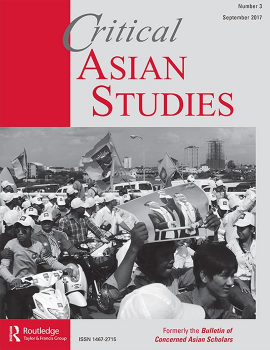
Coming of Age in Peace, Prosperity, and Connectivity: Cambodia’s Young Electorate and Its Impact on the Ruling Party’s Political Strategies
Cambodia’s youthful population is significantly responsible for a recent unexpected decline in the popularity of the Cambodian People’s Party, which has governed since the end of the Khmer Rouge regime. This increasingly young electorate has lived through an era of peace and openness with regular multi-party elections and impressive economic growth...
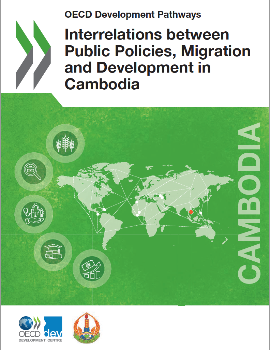
Interrelations between Public Policies, Migration and Development in Cambodia
Emigration is a significant and growing phenomenon for Cambodia. Between 2000 and 2015, the stock of Cambodians abroad increased by about 160%, from around half a million to 1.2 million people. Today, about 10% of Cambodians over the age of 15 plan to emigrate. Despite the country’s steady economic growth, labour market demand has not been sufficie...
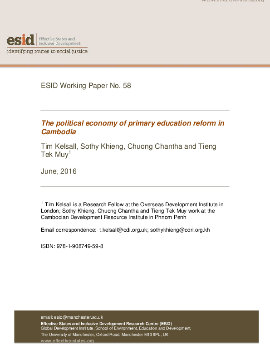
The Political Economy of Primary Education Reform in Cambodia
This paper examines the quality of primary education provision in Cambodia using a ‘political settlements’ framework developed at the University of Manchester. The framework characterises Cambodia as a ‘hybrid’ settlement with a weak dominant party and predatory administration, albeit with some islands of administrative effectiveness. Such states c...
